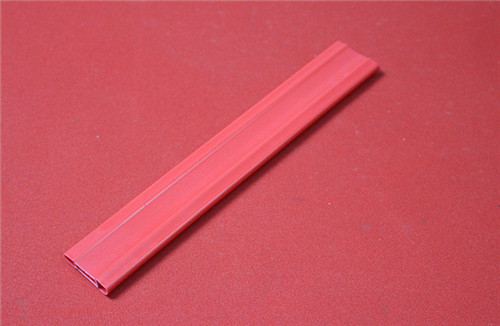
Phone Number :
07 12, 2023

The corrosion resistance test is an essential step in the manufacture of PVC hoses for water treatment equipment. This test determines the durability and longevity of the hoses, ensuring they can withstand harsh chemicals and corrosive environments. Without proper corrosion resistance, the hoses can deteriorate quickly, leading to leaks, contamination, and reduced performance of the water treatment equipment. In this article, we will delve into the details of the corrosion resistance test and its significance in ensuring the reliability of PVC hoses.
PVC hoses are widely used in water treatment equipment due to their excellent properties, including flexibility, lightweight, and affordability. Nevertheless, they are susceptible to corrosion, especially when exposed to chemicals such as chlorine, acids, and alkalis commonly used in water treatment processes. The corrosion resistance test aims to evaluate the performance of PVC hoses in such environments.
The corrosion resistance test involves subjecting the PVC hoses to a variety of corrosive substances and conditions that simulate real-world water treatment scenarios. The test usually follows recognized industry standards and guidelines. It includes the following steps:
The corrosion resistance test provides crucial information about the PVC hoses' ability to withstand corrosive environments. Its significance in the manufacture of water treatment equipment can be summarized as follows:
The corrosion resistance test is a critical step in the manufacture of PVC hoses for water treatment equipment. By subjecting the hoses to corrosive substances and evaluating their durability, the test ensures the reliability of the hoses in harsh environments. Implementing this test helps prevent contamination, reduce maintenance costs, and ultimately enhance the overall performance of water treatment systems. Thus, manufacturers must prioritize the corrosion resistance test to deliver high-quality PVC hoses for the water treatment industry.